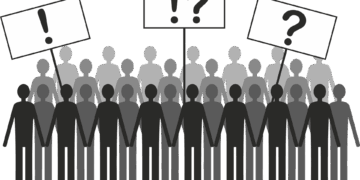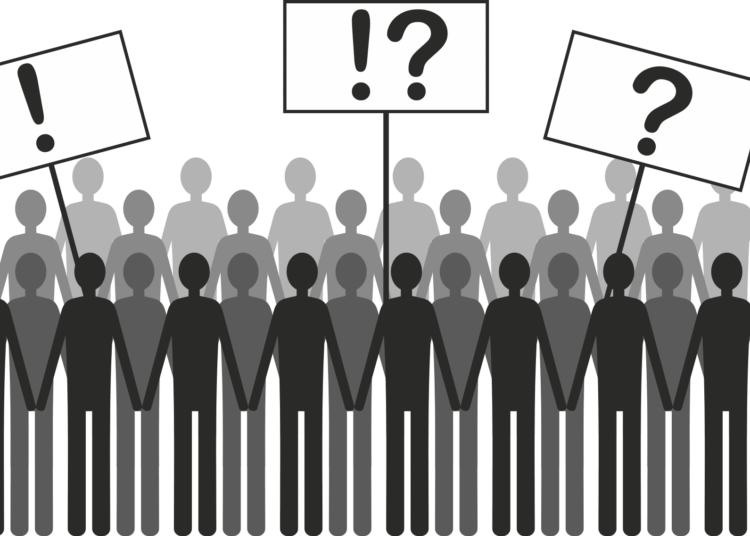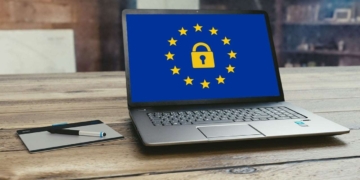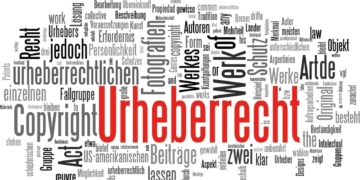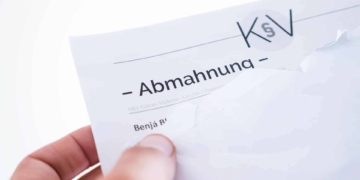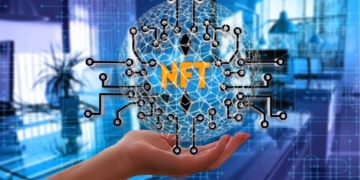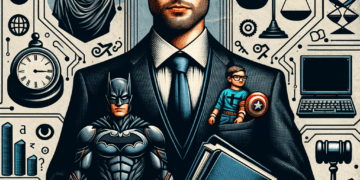The role of governance models in DAOs
An important aspect of promoting democracy in DAOs is designing effective governance models. These set out the rules and procedures for decision-making processes and should aim to enable broad participation by members and ensure transparent processes. In addition, a good governance model should include mechanisms for conflict resolution and member accountability to ensure that the interests of all stakeholders are protected. It is important that such models are flexible and adaptable to respond to change and new challenges. In this context, best practices and experiences from other democratic organizations and systems can be helpful in developing an effective governance model for a DAO. Through continuous evaluation and adaptation, DAOs can ensure that their governance structures meet the needs of their members and promote democracy within the organization over the long term.
Potential use cases for democratic DAOs.
There are many potential use cases for DAOs that can promote participation and democracy. Examples include decentralized financial platforms where members vote on investment decisions, or collective knowledge platforms where experts and interested parties make joint decisions on research directions and projects. In addition, DAOs could also be used in education, environmental protection, or social projects to make decision-making and resource allocation decentralized and democratic. In the cultural and creative sector, DAOs could also help artists, event organizers, and fans make joint decisions about funding and implementing projects. There is great potential for innovation and the creation of new, democratic forms of collaboration that enable the collective intelligence and creativity of members to be harnessed effectively for better outcomes and greater societal benefit.
Employee participation in DAOs: potential and challenges
The ability to leverage DAO-like capabilities for employee engagement offers great potential to foster authentic and honest communication within organizations. Transparent decision-making processes and an equitable distribution of power can involve employees more closely in the management of the company, which can lead to greater satisfaction and performance. However, there are challenges, such as ensuring that all employees have sufficient technical understanding to participate in decision-making processes. In addition, while the anonymity that comes with blockchain and DLT technology can promote openness in communication, it also risks making discussions less constructive and purposeful. To overcome these challenges, it is important to establish an effective communication culture and provide training for employees to strengthen their skills in using these technologies. This allows DAO-like functions to take full effect and contribute to improving employee participation.
Conclusion: Blockchain and DLT technology as an opportunity for democracy and co-determination
In summary, blockchain and DLT technology have the potential to promote democracy and participation, especially in the area of DAOs. The transparent and decentralized nature of these technologies can help build trust in decision-making processes and make manipulation more difficult. However, there are challenges, such as legal certainty and designing effective governance models, that must be overcome to realize the full potential of these technologies.
Regarding Germany, it is questionable whether the country is ready for real DAOs and DAO startups yet, especially in terms of laws and jurisdiction. Current regulation and legal uncertainty could present hurdles that make it difficult for founders to make DAO startups successful and legally secure. Nevertheless, there are also progressive discussions and initiatives in Germany aimed at creating the legal framework for such projects and thus providing a basis for future developments.
It is important that legislation and jurisdiction recognize the technological progress and potential of DAOs and respond accordingly to strengthen Germany as a location for innovation in the field of decentralized organizations.
Personally, I find real DAO startups, for example as SaaS providers, or the implementation of DAO functions in existing companies much more exciting in some cases than NFTs or cryptocurrencies. These applications can fundamentally change the way we collaborate and make decisions, helping to create more democratic and equitable structures in companies and organizations. In this way, they could have a significant social and economic impact and point the way to new paths for viable and sustainable development.
